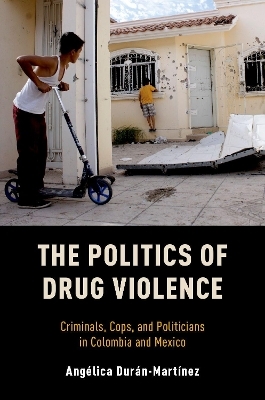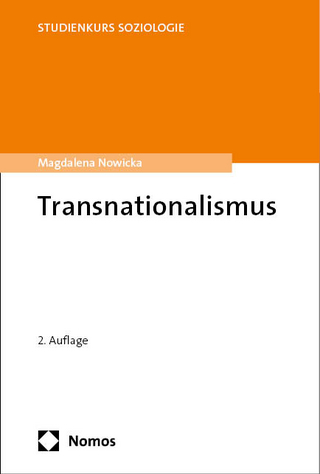
The Politics of Drug Violence
Oxford University Press Inc (Verlag)
978-0-19-069596-5 (ISBN)
Over the last few decades, drug trafficking organizations in Latin America became infamous for their shocking public crimes, from narcoterrorist assaults on the Colombian political system in the 1980s to the more recent wave of beheadings in Mexico. However, while these highly visible forms of public violence dominate headlines, they are neither the most common form of drug violence nor simply the result of brutality. Rather, they stem from structural conditions that vary from country to country and from era to era. In The Politics of Drug Violence, Angelica Durán-Martínez shows how variation in drug violence results from the complex relationship between state power and criminal competition. Drawing on remarkably extensive fieldwork, this book compares five cities that have been home to major trafficking organizations for the past four decades: Cali and Medellín in Colombia, and Ciudad Juárez, Culiacán, and Tijuana in Mexico. She shows that violence escalates when trafficking organizations compete and the state security apparatus is fragmented. However, when the criminal market is monopolized and the state security apparatus cohesive, violence tends to be more hidden and less frequent. The size of drug profits does not determine violence levels, and neither does the degree of state weakness. Rather, the forms and scale of violent crime derive primarily from the interplay between marketplace competition and state cohesiveness. An unprecedentedly rich empirical account of one of the worst problems of our era, the book will reshape our understanding of the forces driving organized criminal violence in Latin America and elsewhere.
Angelica Duran-Martinez is assistant professor of Political Science at the University of Massachusetts-Lowell. She holds a Ph.D. in Political Science from Brown University, a B.A. in Political Science from Universidad Nacional de Colombia and an M.A. in Latin American and Caribbean Studies from New York University. Her research focuses on organized crime, violence, and the state in Latin America and has received funding from the United States Institute of Peace, the Social Science Research Council, and the Open Society Foundation through the Drugs, Security, and Democracy fellowship. She has published articles in journals like the Journal of Conflict Resolution, Journal of Peace Research, Comparative Political Studies, and Crime, Law and Social Change.
List of Figures, Tables, and Maps
Acknowledgments
List of Abbreviations
1. States, Trafficking, and Violence
2. Conceptualizing Drug Violence
3. Democratization and State Capacity to Control Violence
4. Medellín: From Extreme Wars to Unstable Pacification
5. Cali and Culiacán: Hidden Violence and State-Criminal Collusion
6. Ciudad Juárez and Tijuana: Beyond a Border Tale of Violence
Conclusion
Appendix: Coding Protocol for Drug-Violence Events
Glossary
Notes
Bibliography
Index
| Erscheinungsdatum | 12.06.2018 |
|---|---|
| Verlagsort | New York |
| Sprache | englisch |
| Maße | 155 x 231 mm |
| Gewicht | 454 g |
| Themenwelt | Literatur ► Biografien / Erfahrungsberichte |
| Sozialwissenschaften ► Politik / Verwaltung ► Europäische / Internationale Politik | |
| Sozialwissenschaften ► Politik / Verwaltung ► Vergleichende Politikwissenschaften | |
| ISBN-10 | 0-19-069596-X / 019069596X |
| ISBN-13 | 978-0-19-069596-5 / 9780190695965 |
| Zustand | Neuware |
| Haben Sie eine Frage zum Produkt? |
aus dem Bereich


